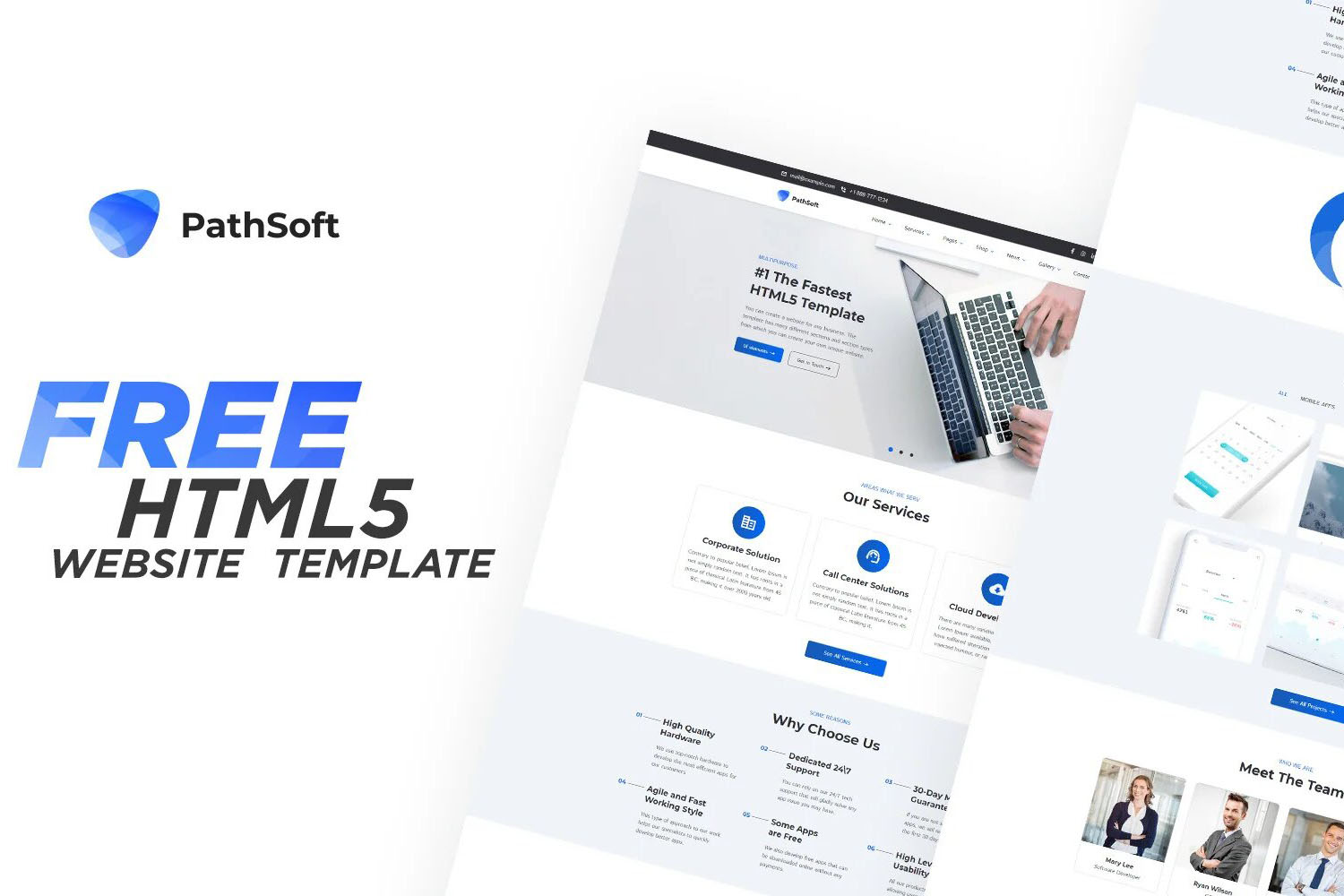Responsive Vs Adaptive Web Design – What’s the Difference?
Responsive vs adaptive- it’s a frequent point of confusion that most of the people encounter whenever exposed with web designing concepts and terminologies. Most of the people use both of the terms interchangeably, despite of the fact that they are completely different from each other. While both of the terms have similar goals, but with different approaches. Therefore, it is important for you to understand some point of the differences between the two to help you make an informed choice in your web designing endeavor.
In this guide, we will walk you through each and every detail of both of the platforms, as well what they can and cannot do. The comparison between responsive and adaptive web design includes all the fact with respect to how to deal with them and thus help you predict what lies ahead and make it.
But, before we get into the comparison, let’s first discuss the both of the concepts in detail.
Understanding Responsive and Adaptive Design
With different mobile devices, tablets, and Smartphones have started influencing the web designing industry than anything else, it has become extremely important for the webmasters to create websites which are not only aesthetically pleasing but also grant the user freedom to access them whenever and wherever they want.
When people started making use of Smartphones for the browsing purposes, designers first focused on optimizing their websites to suit the demands and specifications of mobile devices. Although, the approach is still used by so many online players, where they create a separate mobile version of their website- which we call “Adaptive”.
Adaptive design was specifically developed to meet the ongoing demands of a growing number of mobile phones and tablet devices with different sizes, capabilities, and specifications. The approach enables designers to create multiple versions of their web page with the help of a programming that detects the device it is being viewed on. Adaptive design is a bit complicated and time consuming as compared to a responsive design.
Responsive design, on the other hand, is a designing approach where the development has been targeted at the browser rather than a specific device. The design automatically responds to the behavior and environment of the device on the basis of screen size, resolution, and orientation. The benefit of responsive design is there is no need for the designer to create a separate version of their website because as the user switches from one device to the other, the website automatically switch to accommodate itself as per the specifications of the device it’s running on.
What are the Point of Difference Between Adaptive and Responsive Web Design?
Although, both of them are essentially about creating websites that are fully optimized for the type of the device that is used to browse them. The major difference between the two comes from the use of grids and predefined screen sizes when designing a website.
Responsive design makes use of flexible grids, layout and images, whereas an adaptive design utilizes predefined screen sizes. Adaptive design is fast in detecting the device used by the user and then presenting the design as per the technicalities of the screen.
Responsive design by using CSS3 media queries can seamlessly respond to any screen size. With the help of flexible grids, text can be wrapped and images can be shrink to adjust as per the browser.
Deciding Upon the Proper Designing Approach
Responsive design can ensure a better user experience, irrespective of the device it’s being presented on. It also makes it possible for an HTML file to seamlessly get optimized for more than one device. You may, however, have restricted control on how the design looks when using percentage based scaling of fluid approach. But in this case, media queries still provide better opportunities for a beautiful presentation of layouts.
Adaptive approach to design is a better option for the low budget companies as they only have to work on designing layouts catering the needs of few screen sizes rather than focus on providing a valuable experience to all types of mobile users.



